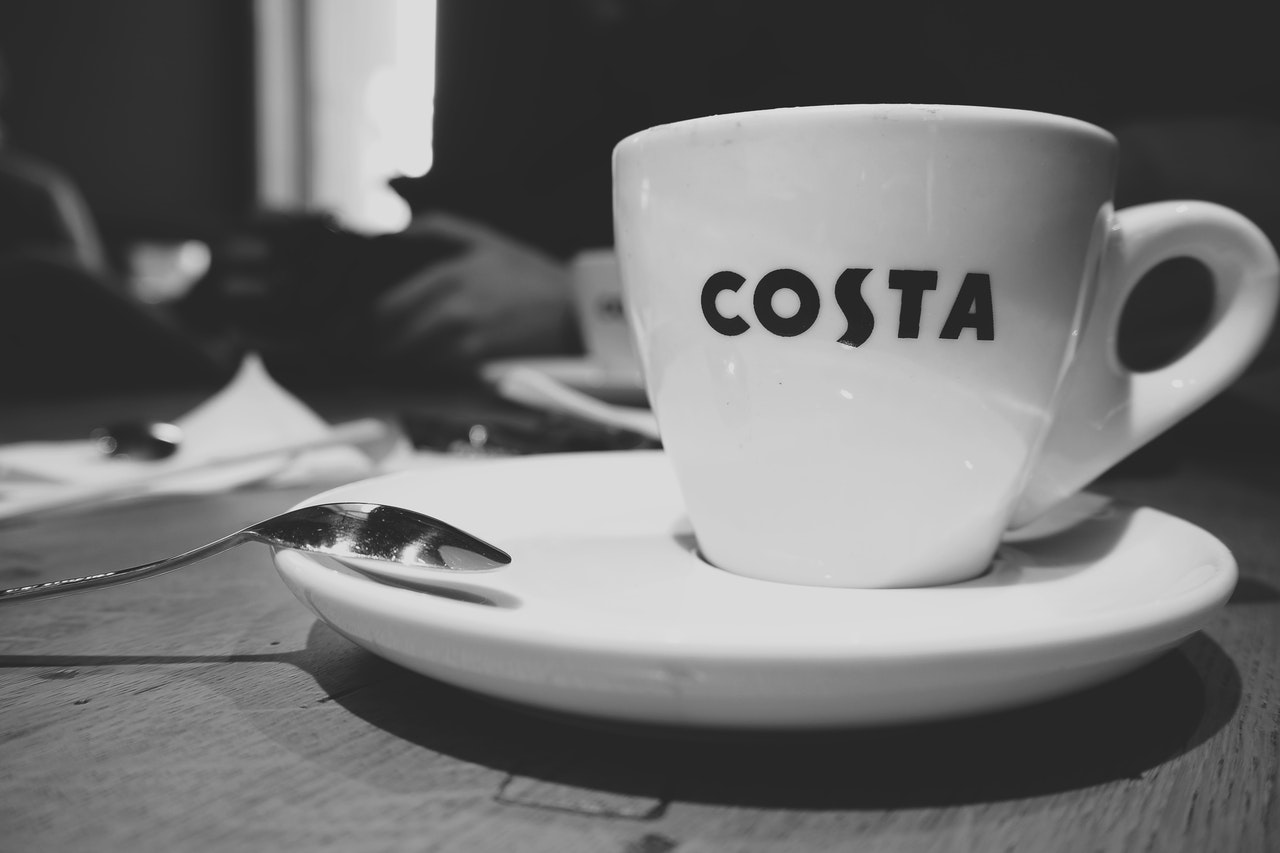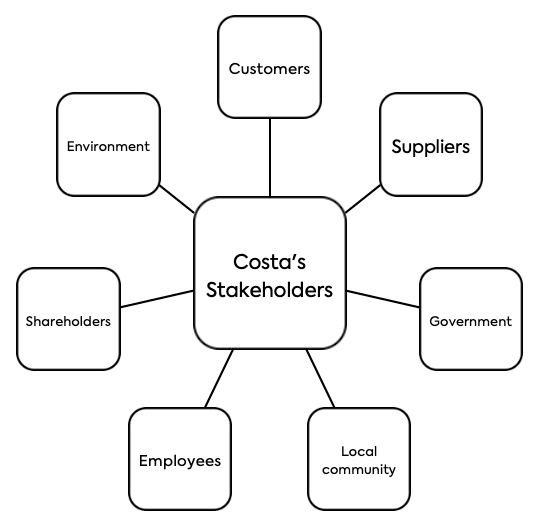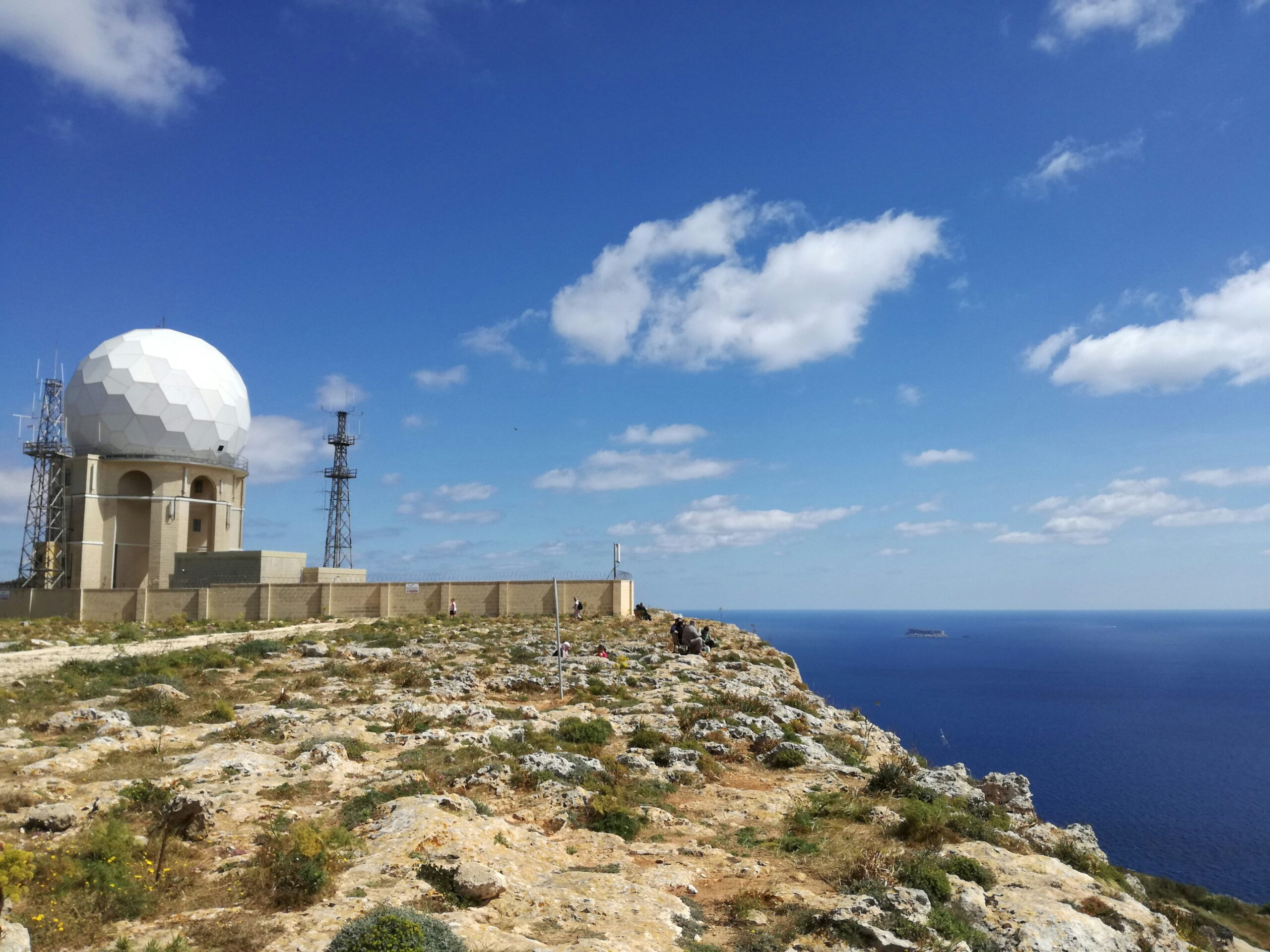Costa Coffee (Costa) is a multinational coffee chain store, founded in Britain in 1971 with more than 2,600 stores in the UK.
They’ve had a successful few years, increasing market share to 40% and with net profits over £160 million. Within the UK market, they even beat Starbucks.
More recently, Costa was bought from Whitbread by Coca-Cola for £3.9 billion, due to the latter identifying opportunities for growth in the coffee industry.
Costa has many stakeholders, therefore it is imperative that they are managed sufficiently. To do this, Costa adopts the Freeman’s stakeholder-centred view. The model involves guaranteeing the stakeholders are taken into consideration regarding decision-making by acknowledging the economic, legal, ethical and philanthropic responsibilities – this all comes together in the strategic objectives.
The Strategic Objectives of Costa
The public strategic objectives of Costa are very focused around environment and people. They include:
The Unique Flavour
- It is important for Costa to ensure their history is transpired in each cup
- The flavour maintains consistent with their ‘Mocha Italia’ perfect blend
Nutrition and Wellbeing
- Enhancing the healthiness of the Costa product range with new choices
- Reduce added sugar in all drinks by 25% from 2020 onwards
- Member of British Nutrition Foundation and Out of Home Food and Drink Alliance
Community Focus
- Investing in establishing lasting relationships within the community through launching a Chatty Café scheme
- Participating in the help ‘keep Britain tidy’ scheme and maintaining support for the Costa Foundation, which supports coffee-growing communities with education and employment
The Planet In Mind
- Collaboration with Rainforest Alliance to ensure a fair and sustainable coffee business
- Commitment to recycling disposable cups with a target to recycle as many cups as Costa sell.
- Reducing waste by being members of the refill scheme
- Transition to straws and introduction of glassware as an alternative to plastic iced cups to reduce plastic waste
- Conscious of energy use and efficiency by only purchasing from renewable sources
People Powered
- Barista of the Year Awards for Costa Baristas to showcase their skills
- LGBT+ network called Shine which supports personal and emotional development and professional growth
Environmentalism is a clear concept throughout Costa’s strategy with an example being recycling, as Costa became the first UK coffee chain in 2016 to begin recycling used disposable cups of any brand. More recently Costa announced a plant based range of products, including vegan sandwiches.
It’s clear the approach Costa is taking – attempting to position itself as environmentally focused and people friendly, despite being the largest chain of coffee outlets in the UK and now owned by Coca-Cola. With the increased competition of local, independent coffee providers, and ongoing advances of Starbucks, this clear and focused strategy is required for ongoing growth.
However with a change of CEO (November 2019) and the maturing of the acquisition by Coca-Cola, it’ll be interesting to see if this is the continued strategy over the coming years…
Need help building your own strategy?
Our strategy software makes it faster and easier to formulate a strategy, manage the execution and track the results. Book your personal demo and get a strategy plan template tailored to your organization.












